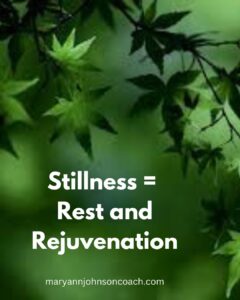 My husband was watching the show The Irrational. It’s about a behavioral science professor who solves tough police cases. I was in the kitchen and could hear it. The main character had an appendix surgery. He tried to rise from his bed a few times because there was a case he wanted to get going on. His sister had to nag at him to remain in bed and heal. At one point the professor spoke with a priest, while still in the hospital. The priest said, “St. Stillness has visited you.” Then he smiled and the professor replied, “Oh, stillness. I’m not very good at it.”
My husband was watching the show The Irrational. It’s about a behavioral science professor who solves tough police cases. I was in the kitchen and could hear it. The main character had an appendix surgery. He tried to rise from his bed a few times because there was a case he wanted to get going on. His sister had to nag at him to remain in bed and heal. At one point the professor spoke with a priest, while still in the hospital. The priest said, “St. Stillness has visited you.” Then he smiled and the professor replied, “Oh, stillness. I’m not very good at it.”
This intrigued me because one of my favorite scriptures is “Be still and know that I am God.” Psalm 46:10, from the Christian Bible. However, I, like the professor, must work to be still.
Recently, I got a call from a friend. We have both had challenging things happen in the last few years and talked about how we’ve managed. At some point in the conversation, I said, “God has put me in Rest and Rejuvenation 101 so I can learn to manage better.” She began laughing, and so did I. She knew exactly what I was talking about.
This topic of Stillness, Rest, and Rejuvenation is tied to the article I wrote on Peaceful Intensity. Not only must we manage busy and often chaotic days with a sense of peace and calmness, but we also need to learn to be still so that we find moments of rest and are rejuvenated. As we do, we manage better.
Getting things done is my nature but it isn’t healthy to think, move, and manage stuff all the time. It leads to weariness, grumpiness, and resentment even though we choose to bypass stillness, receive rest, and be rejuvenated. I have been in this class for a few years. Some tests I pass and others I fail. But I keep receiving resources and information, practicing, and growing. I’m doing what I have done dozens of times in the past seventy-five years, I’m working on getting better at a skill that will help me remain healthy and happy.
My current mission is to care for my mother, who has dementia, my husband who has several illnesses, and help my daughter care for her four children, one with severe cerebral palsy. When I stop and think about it, I realize this is not random. I had determined previously, that I needed to learn to live my favorite scripture, be still, and know God. He, being wise and loving, put me in this class by giving me this current assignment.
In the last couple of years, I have begun to see the connection between stillness and the rest it brings leading to rejuvenation. I haven’t always enjoyed the object lessons in this class. They have been trying at times. However, I have begun to pass a few more tests.
Like many of you, I have a lot on my plate. Whether those we care for are old or young it is the same work. So, learning to be still in small increments, so that we rest and rejuvenate multiple times daily, is vital to our health and well-being.
My Commitment/Affirmations for 2025 are beautiful, and when I read them, I’m astonished at how well they hit the mark. It was worth the effort I put into creating them. Some of them focus on stillness, rest, and rejuvenation because I knew going into this year that I needed to make more progress.
Here are a few things that I have in my current stillness arsenal.
•I have found a way of meditation that works for me. I have a list of meditations that take 8 minutes or less. To meditate, you must get still and focus. I listen to one most nights before I go to bed. It helps me fall asleep quickly.
•Before I begin praying, I stop and get quiet. I am still for a few minutes before I utter a word whether that prayer is being said in my nightly shower, kneeling at the side of my bed, or while washing a sink full of dishes.
•My husband says when I wake up, I move like a fireman. He’s right. Now I am making myself lie still for just a few minutes and feel the goodness of the day before I allow my feet to touch the ground.
•I’m making a diligent effort to remember to breathe deeply three or four times whenever I feel frustration, annoyance, or irritation coming into my body.
•When I must solve a problem or make a decision, I sit down and remain still for a couple of minutes to clear my mind and prepare myself.
•When I face an old story or a new negative one, rather than feeling bothered, I still my mind and then redirect my thoughts.
•If I find myself unsure because of a setback or a very chaotic day I stop where I am, standing or sitting, and listen. What voice do I hear? One that is harsh and critical or gentle and kind. Then I calmly choose to accept the latter.
•I am continuing my gratitude journal. I have been writing three things each day for several years. Before I write a word, I close my eyes, breathe deeply, and then begin. The whole process takes less than 4 or 5 minutes, and frequently that is all I get before someone needs me. : )
A Simple Example
Let me give you an example of a stillness moment that occurred today, Friday. It had been an overly busy day with errands and caregiving. As I served dinner, I felt a deep need to be done. However, my mom needed help with her teeth. My husband needed help to change clothes and food still needed to be put away. I didn’t want to face dishes in the morning, so despite wanting to be done, I began working on cleaning up.
I don’t know about you but when I’m overly tired even inanimate objects seem determined to cause me trouble. LOL As I washed the silverware a knife slipped from my hand back into the water. I made a face and felt the irritation rise. I began to say, “You dumb knife.” Then I stopped, closed my eyes, and took a few deep breaths. I stood still for maybe 30 seconds. It didn’t remove my tiredness. I still had a few dishes to wash. However, the irritation died out and I felt calm, rested, and rejuvenated. I was able to finish the kitchen and help Mom and my husband with a couple more things before heading to my desk to write.
I know that many would scoff at my list. If you look online the advice is to go to lunch or shopping with friends, take a trip, or get away. These are not practical for my current life. They wouldn’t have worked well when I was raising our seven children. I couldn’t do these things consistently, and surely not every day. It’s been necessary to find simple ways to add stillness, quiet, and space to my life numerous times a day, right where I am.
Friends, I have learned much and I am wise in many ways. I have lived a long life. I have changed, grown, matured, overcome weaknesses, and have blessed others. I have been in more 101-level classes than I care to admit. But here I am again, in class, Stillness = Rest and Rejuvenation 101, and the resources I need to progress are showing up because I ask for them. I know I can become very good at creating moments of stillness in my busy days that lead to rest and rejuvenation.
Stillness = rest and rejuvenation. I am sure of this, and I am learning to increase all three in my life. I know it will bless me, my family, and all those I connect with.


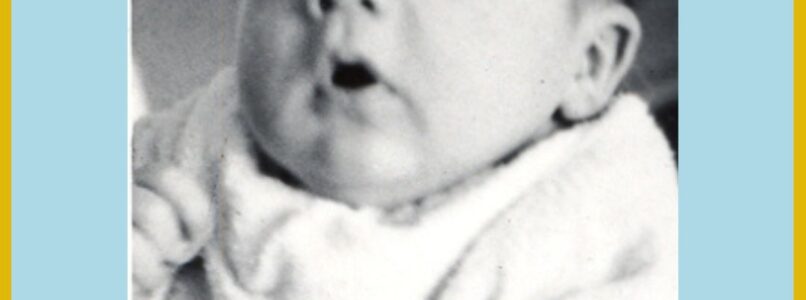

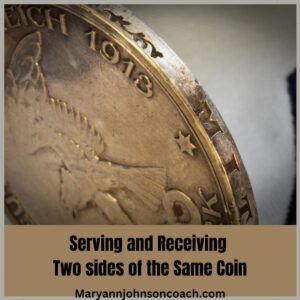 Let me tell you a moving story about my grandpa. My grandmother had passed away, and my grandfather who was in his late eighties, was living with his daughter and fading. I visited him and he was happy to see me. We talked for a while and then I visited with my Aunt Carol Lynn.
Let me tell you a moving story about my grandpa. My grandmother had passed away, and my grandfather who was in his late eighties, was living with his daughter and fading. I visited him and he was happy to see me. We talked for a while and then I visited with my Aunt Carol Lynn.
 My friend Livia read a book about Neal A. Maxwell. In the book, they used the phrase ‘peaceful intensity’ to describe how he managed his busy life. It’s a way of being that can be cultivated. It involves how we perceive
My friend Livia read a book about Neal A. Maxwell. In the book, they used the phrase ‘peaceful intensity’ to describe how he managed his busy life. It’s a way of being that can be cultivated. It involves how we perceive 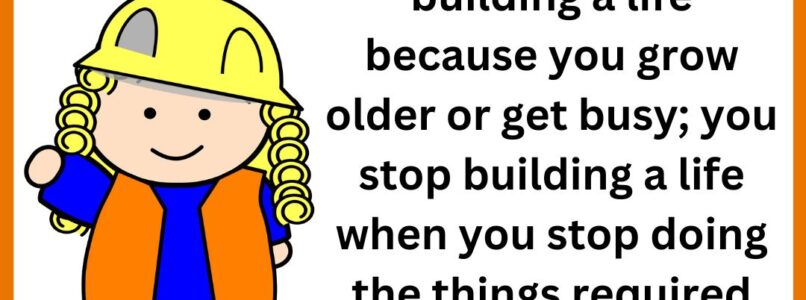
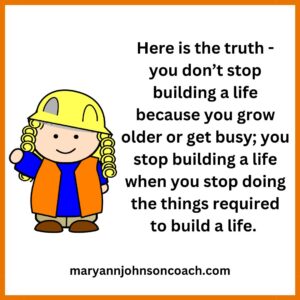 We Have Entered a New Year.
We Have Entered a New Year. 
 In 2011 I wrote a three-part series of articles about a principle that helps families manage better. I must confess it’s a principle I still work on because it isn’t easy to keep. I know the stories and the principle are worth repeating because principles never change and when lived, they impact us for good. I’m compiling the three-part series into one article. That will keep it simple for you. LOL
In 2011 I wrote a three-part series of articles about a principle that helps families manage better. I must confess it’s a principle I still work on because it isn’t easy to keep. I know the stories and the principle are worth repeating because principles never change and when lived, they impact us for good. I’m compiling the three-part series into one article. That will keep it simple for you. LOL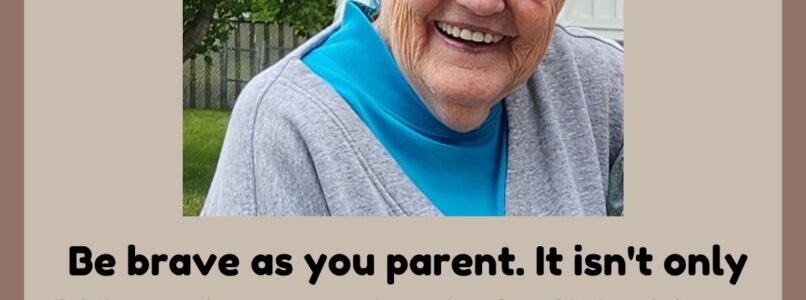
 Parenting is a place to learn to grow as a person. Seriously. : ) Even now, when I’m caregiving, rather than parenting, I experience examples of this type of growth. It always takes me off guard because I would like to think that in almost 75 years, I had gotten this growth thing handled. Silly, because learning and personal growth are a lifetime endeavor.
Parenting is a place to learn to grow as a person. Seriously. : ) Even now, when I’m caregiving, rather than parenting, I experience examples of this type of growth. It always takes me off guard because I would like to think that in almost 75 years, I had gotten this growth thing handled. Silly, because learning and personal growth are a lifetime endeavor.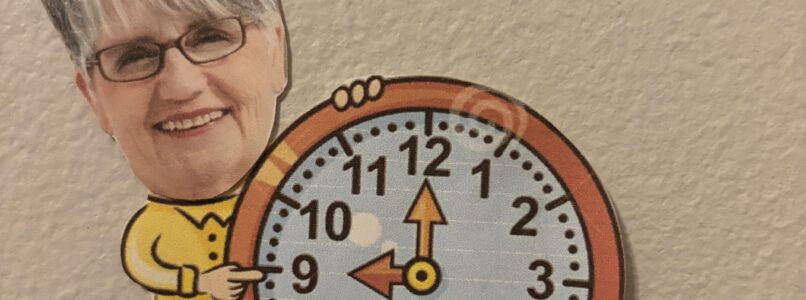
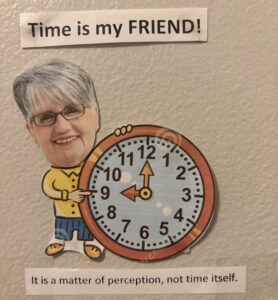 I’ve been journaling for decades. I don’t write every day or even every week. Some years I am more consistent than others. But I have recorded many experiences over the years, that were meaningful and taught me something valuable.
I’ve been journaling for decades. I don’t write every day or even every week. Some years I am more consistent than others. But I have recorded many experiences over the years, that were meaningful and taught me something valuable.
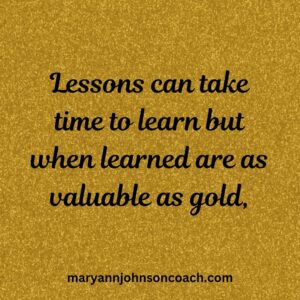 When I lived in Montana with seven children, I was a busy mother. You’re smiling because you know exactly what I mean. A family, regardless of its size, is a handful; lots of cooking, laundry, cleaning, driving people here and there, and so forth. I look back and wonder how in the world I did it all.
When I lived in Montana with seven children, I was a busy mother. You’re smiling because you know exactly what I mean. A family, regardless of its size, is a handful; lots of cooking, laundry, cleaning, driving people here and there, and so forth. I look back and wonder how in the world I did it all.
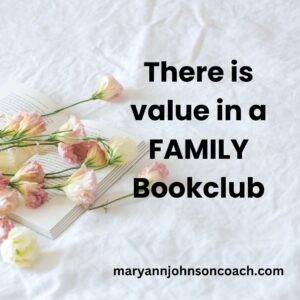 On March 3, 2024, I published an article titled
On March 3, 2024, I published an article titled